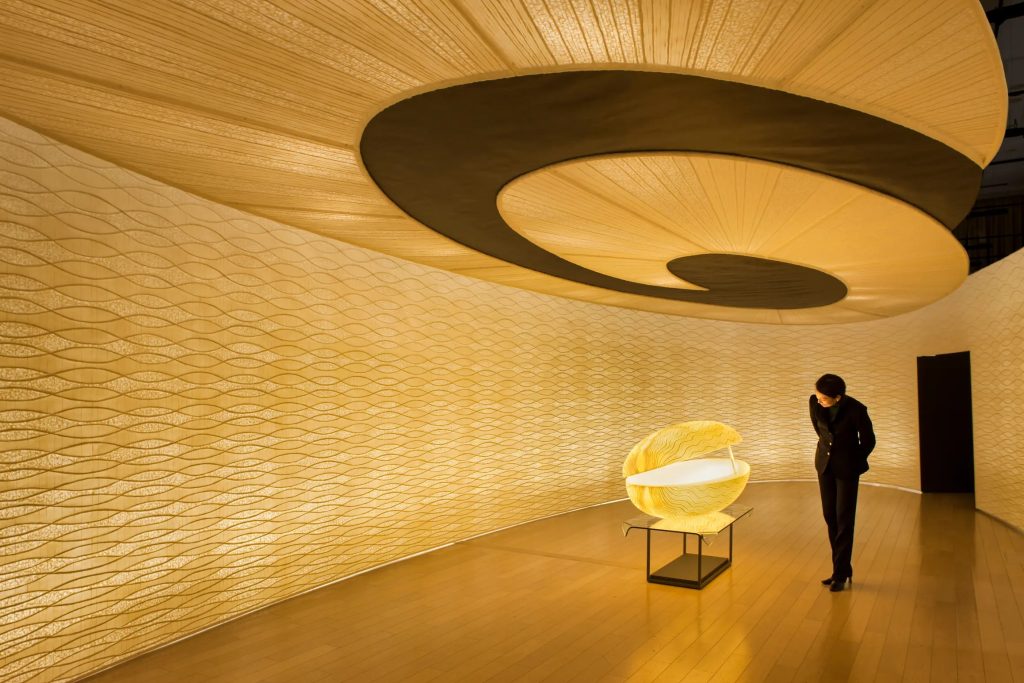Word of Mouth: Pristina
One of Europe’s youngest and most dynamic destinations

Pristina is still considered a no-go zone for many who vividly remember the Balkan wars of the late ’90s, but what these potential travelers may have missed is a city that’s been developing at a breakneck pace over the past 20 years. It now attracts an increasing number of visitors who are invariably captured by its buzzing nightlife, contemporary cultural happenings and the warmth of its locals. The capital is not only a part of Europe’s youngest nation Kosovo, but also hosts one of the most youthful populations in the region. More than 60% of the nation’s population is under 35 and, paradoxically, their inability to leave the nation due to strict visa restrictions has made Pristina one of the most dynamic places to visit in south-eastern Europe. It has something for everyone: film, arts and music festivals, spots to find new cuisine, bars, and electronic and jazz clubs. At first, the city might not be quite what’s expected: it looks like a small Turkish city filled with hodgepodge buildings, but peel under the frantic exterior and you’ll find plenty of gems.
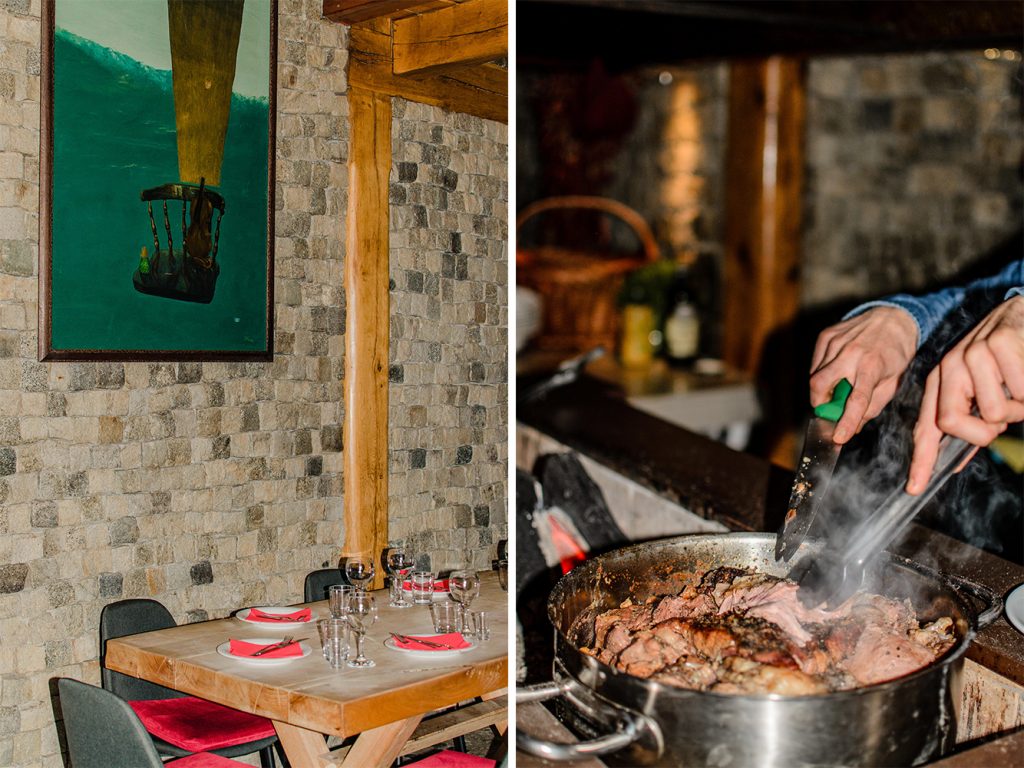
Renaissance
At Pristina’s standout restaurant, Renaissance, a team of three brothers work with farmers and producers across the country to provide food that is steeped in local tradition but prepared with a contemporary twist. The team here is leading the development of the country’s new dining culture that, 10 years after declaring independence, is finally coming into its own. It is just 15€ for four courses—with as much wine and rakija (local brandy) as you can drink. The restaurant also has an innovative structure, designed by the team’s architect father, made entirely from salvaged wood and recycled materials.
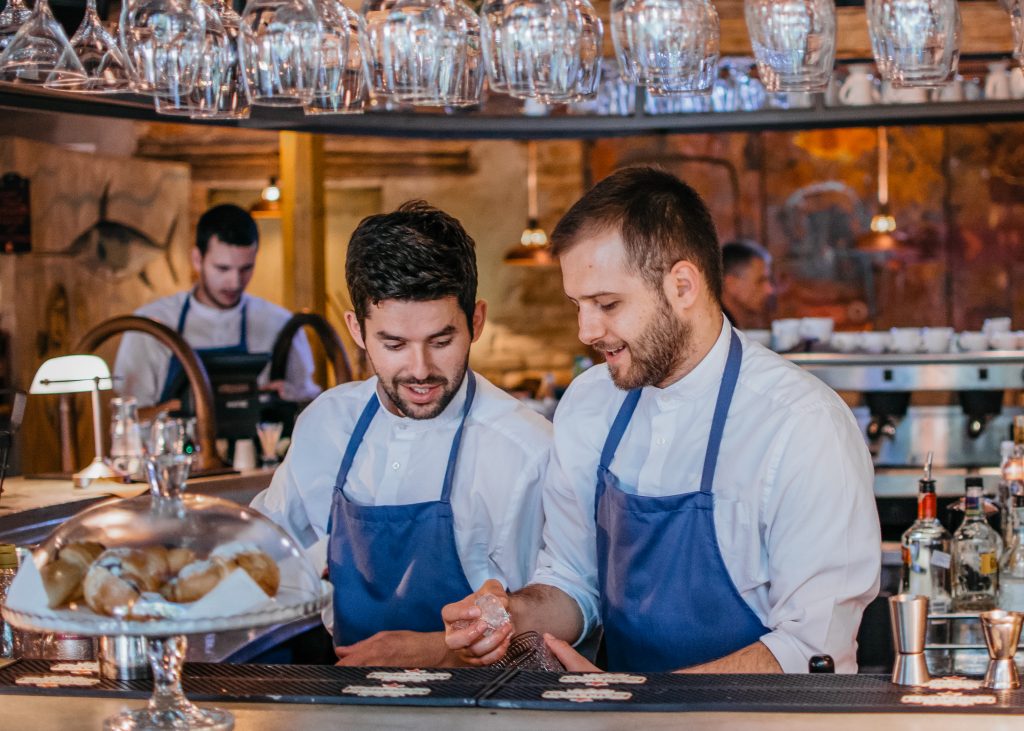
Soma Book Station
Soma Book Station is a bar, seasonal produce restaurant, bookstore and art gallery, which also hosts a range of music and cultural events. A beautifully designed space that would easily fit into a best bars list in Berlin, London or Paris, it’s unsurprisingly popular with international visitors and expats and has been integral to the image development of the city. It’s a place to hang-out, read, eat and party: a multi-dimensional space that encapsulates the culture—and nightlife, in particular—of the city. It’s possibly the most well-known space in the city, but remains one of the most enjoyable and pioneering.

Rakija Street
For a more understated but no-less enthralling place to start the night, head to Rakija (rak-ee-ya) Street, the choice of locals. Officially named 2 Korriku, it’s a narrow side-street located off the central Mother Teresa Boulevard which becomes full to the brim on summer nights with those buying from the bars and bringing their own booze. Each bar has a selection of brandy made throughout the region from a range of fruits including grapes, quince and plumb (everyday beers and spirits are also available). Most establishments also have a grill at the front serving a range of Balkan meats like qebap (small sausage-like kebabs) and qofte (miniature burger patties).

Hotel Gracanica
Located in a quiet suburb 20 minutes outside of the city center, Hotel Gracanica is a boutique hotel offering an oasis of calm that comes as a welcome break to the sometimes frantic Pristina. The white brick and timber space, complete with an excellent restaurant, is designed by a Kosovo-born Swiss architect who has adapted Northern European minimalism to add in light notes of Yugolslav brutalism. The resulting building is the most striking hotel in a city where formulaic and kitsch designs are abundant. Set to a backdrop of serene countryside greenery, it’s built on top of a natural spring that provides drinking water—and fills a refreshing pool that’s perfect for escaping the summer heat.
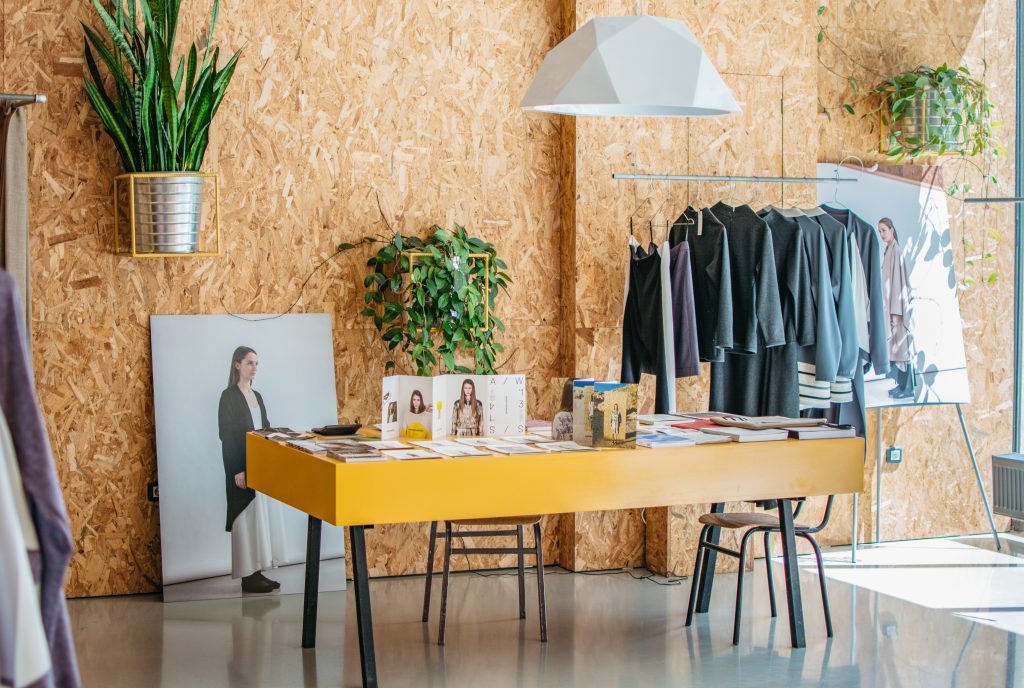
Venera Mustafa
After spending several years working as a designer in Paris, Mustafa moved back to her hometown to launch her eponymous brand Venera Mustafa and become the leading light of the Kosovo fashion scene in the process. She frequently collaborates with artists, photographers and emerging models from the region to produce her imagery and prints. The clothing is incredibly contemporary, ready-to-wear, and is made in small batches by a team of seamstresses based in the store. As it’s based in Kosovo, the items are reasonably priced for the creativity, exclusivity and quality provided.

Sonder
A recent arrival located in the south of the city, on an otherwise residential street, this expansive cafe offers a large inside space as well as a front terrace and large shaded garden. Sonder serves breakfast and lunch items during the day—where it is the perfect place to relax or catch up on emails—while a wide selection of drinks is also on offer for those looking for a more relaxed alternative to the bustling bars of the city at night. The cafe also showcases and sells the work of local artists and craftspeople including Dhe by Granita.
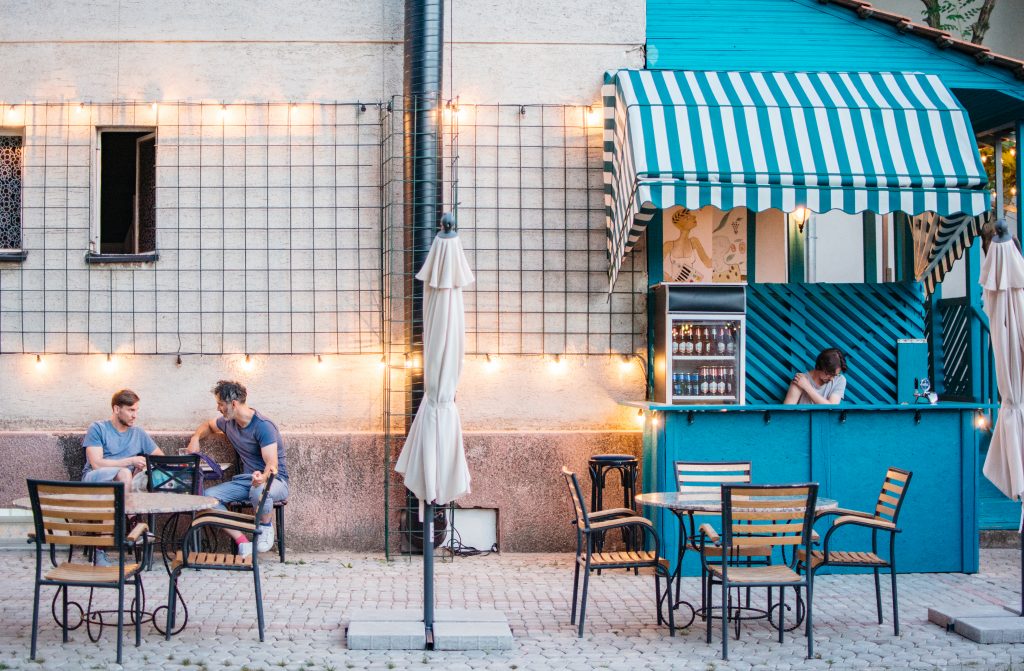
Klub M
Klub M is easy to miss—arriving at its front door has one thinking, “This can’t be the place.” After all, the space is located on a residential street and looks like a large family home. But upon entry, guests find there’s a pulsating underground club that’s one of the top spots in the city to discover the local music scene. Run by a local music and events producer, Klub M also hosts talks and live performances throughout the week.

The National Gallery of Kosovo
A thriving contemporary art scene has been developed in the nation following its independence. Indeed, visual art has been crucial for the new country to introduce itself to the world. At the Venice Biennale of 2017 and 2019, the works of Sislej Xhafa and Alban Muja introduced Kosovo art to the world; meanwhile nearer to home, the country’s documentary film festival Dokufest drives hundreds of internationals to Prizren (a pretty city in the south of the country well worth a day trip). The nation also hosts an edition of the pan-European Meeting of Styles street art festival, among other arts-focused ventures. Outside of festivals, the National Gallery of Kosovo is an essential way to discover the exciting contemporary artists the country has to offer. The gallery will soon be even more known, as Pristina has been chosen to host the 14th edition of Europe’s nomadic arts biennale, Manifest, in 2022.



